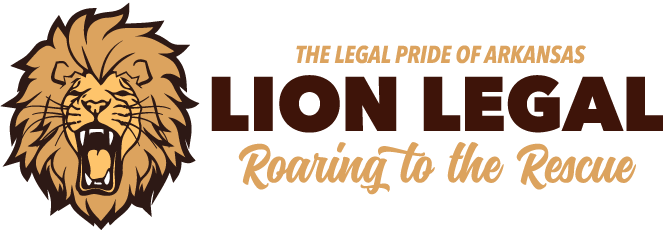We estimate 60% of all cases settle in the First Stage of litigation.
When your case is at a standstill – negotiations have stalled, for whatever reason, and your 1st stage of litigation is complete, the next step is usually to engage in the formal discovery process.
Formal Written Discovery
Formal Written Discovery is written questions and requests for documents. It’s a time-consuming process, but necessary to gather the evidence we need for a final trial. This is where we ask questions and request documents from the other party, who must answer them under oath and with detail. Then we use those answers and allegations to prepare our case.
We send our discovery to them, and they send their discovery to us. One round of discovery is defined as a comprehensive set of questions (any combination of questions or sub questions 100 or less), sent to our client to answer; and one set sent to the opposing party. We help our clients answer their questions, and present them in an organized fashion to return. We also continue negotiations through this process, and cases will often settle after we’ve completed this process.
The options for Formal Written Discovery are Interrogatories – Questions – and Requests for Production of Documents and subpoenas for information or documents. There are also Requests for Admissions. These are more common in civil cases than domestic, but can be used in any type of case.
Discovery can be very complicated – so the need for detail is determined on a case-by-case basis, and fees beyond the first round of written discovery is custom-priced for the circumstances.
Discovery can also lead to Discovery Disputes. This can be when the other side ignores our questions or objects to some or all questions for a variety of reasons. If these disputes cannot be resolved, then additional fees apply for filing motions and bringing these disputes to the court for the court to resolve.
Formal Non-Written Discovery
There are other types of Discovery – specifically depositions. This is testimony under oath in a conference room with a court reporter and attorneys for all parties present. Depositions are not common and the need for them is determined on a case-by-case basis.
Depositions are essentially a sneak peak of the testimony of any witness at trial. It makes sense if you remember that there are not supposed to be any surprises at trial – all parties should know what the evidence is, who is testifying and what their testimony will be. Depositions allow us to find out what someone is going to say, and informs our legal strategy as we move toward preparing for the final trial.
Depositions can take an hour or a full day, and they take significant time to prepare for. Depositions also incur out of pocket costs to the court reporter and process server if we have to subpoena the witness, and, sometimes we have to pay witness fees. We will estimate these out of pocket costs on top of the attorney fee, so we can decide together if spending the money to take depositions is worth it. If other parties want to take depositions, we cannot stop them, and we have to cooperate in the scheduling of them.
What happens next?
If we don’t settle the case after discovery, then a final hearing will be necessary.
We Can Help
Our attorneys are experts, and are here for you with straight talk, predictable cost, and superior services. We promise to tell you what the most likely outcome is up front, and to be open and transparent in our communications with you until your case is resolved.
Our approach to practicing law is revolutionizing the way law firms deliver legal services. Case evaluations are completely free. Call Lion Legal today at (501) 227-7627 or Email Us to set up a free consultation.
